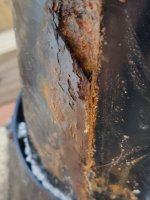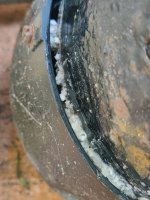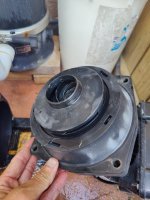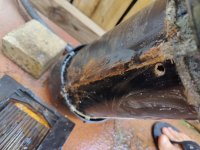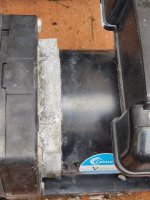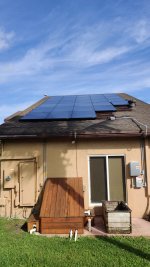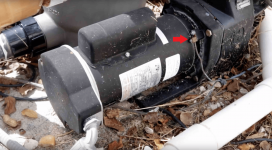Hello all
My pump's motor has been making louder than usual noises when it runs on a faster or slower speed.
It almost sounds like a metallic grinding noise of sorts. The metal cover of the control panel of the pump rattles some times, but this is not that noise.
The pumps basket is clean, and my skimmer has a hair net "filter" on it.
Should I take the motor off to check if something is stuck on the impeller? Though that wouldn't cause a noise, no?
Thanks
My pump's motor has been making louder than usual noises when it runs on a faster or slower speed.
It almost sounds like a metallic grinding noise of sorts. The metal cover of the control panel of the pump rattles some times, but this is not that noise.
The pumps basket is clean, and my skimmer has a hair net "filter" on it.
Should I take the motor off to check if something is stuck on the impeller? Though that wouldn't cause a noise, no?
Thanks


